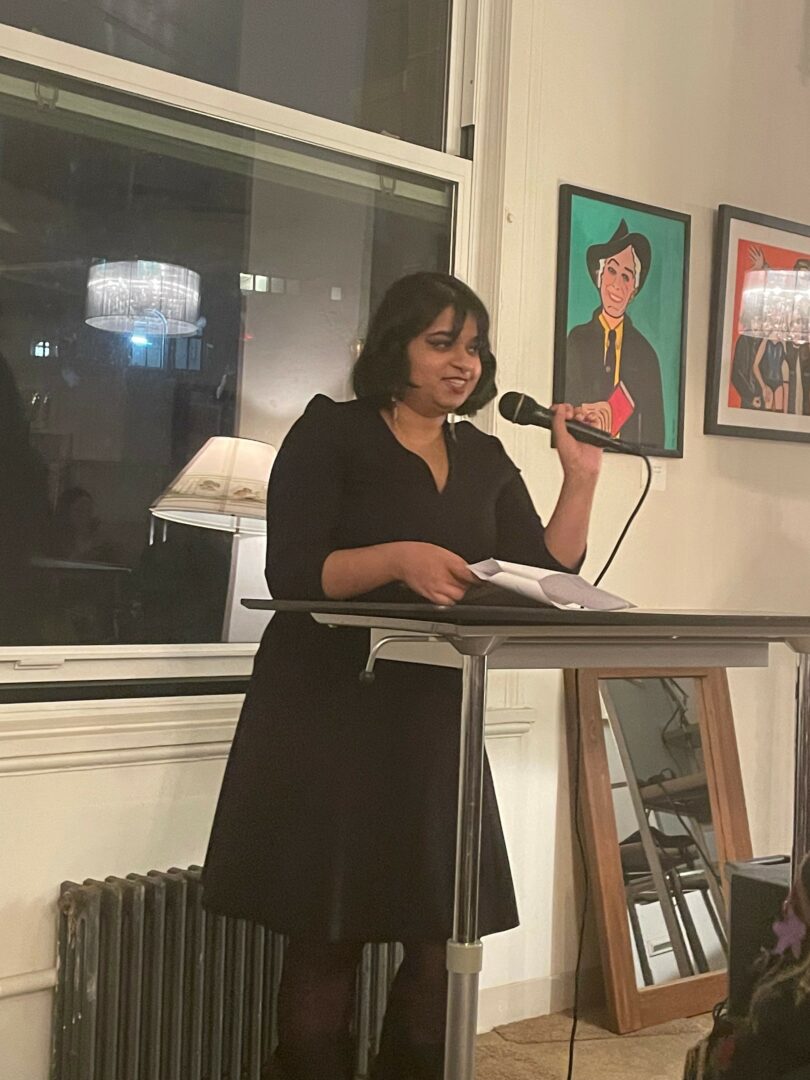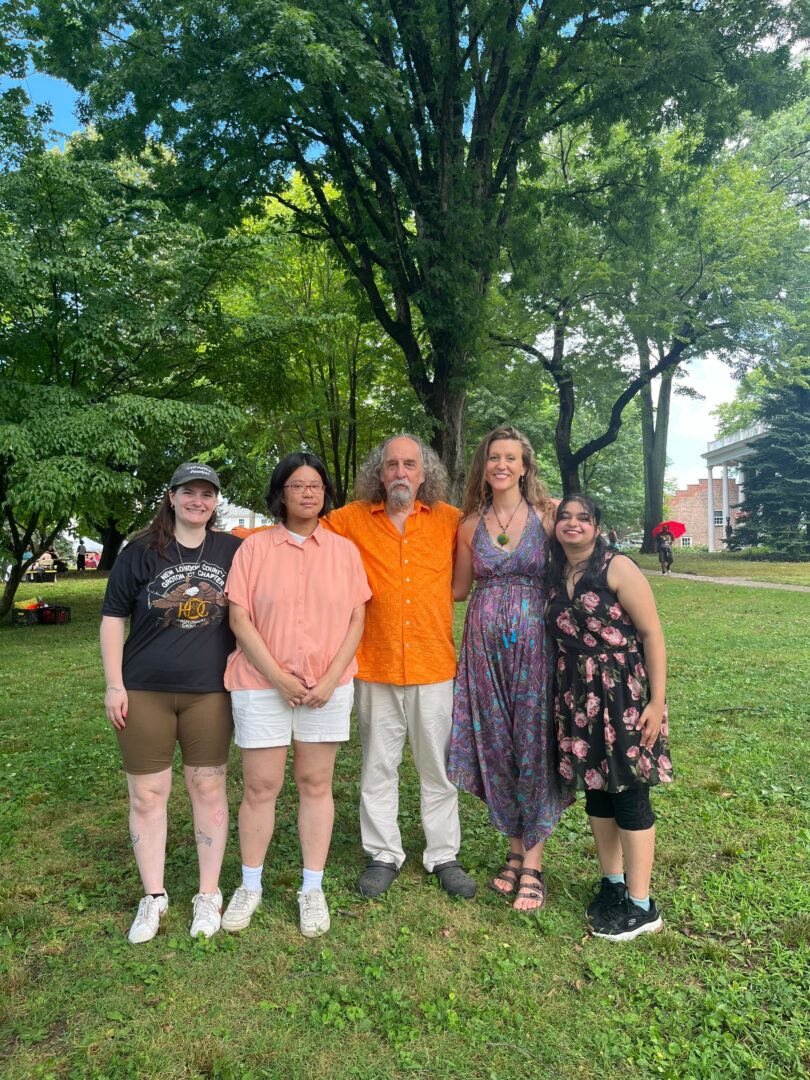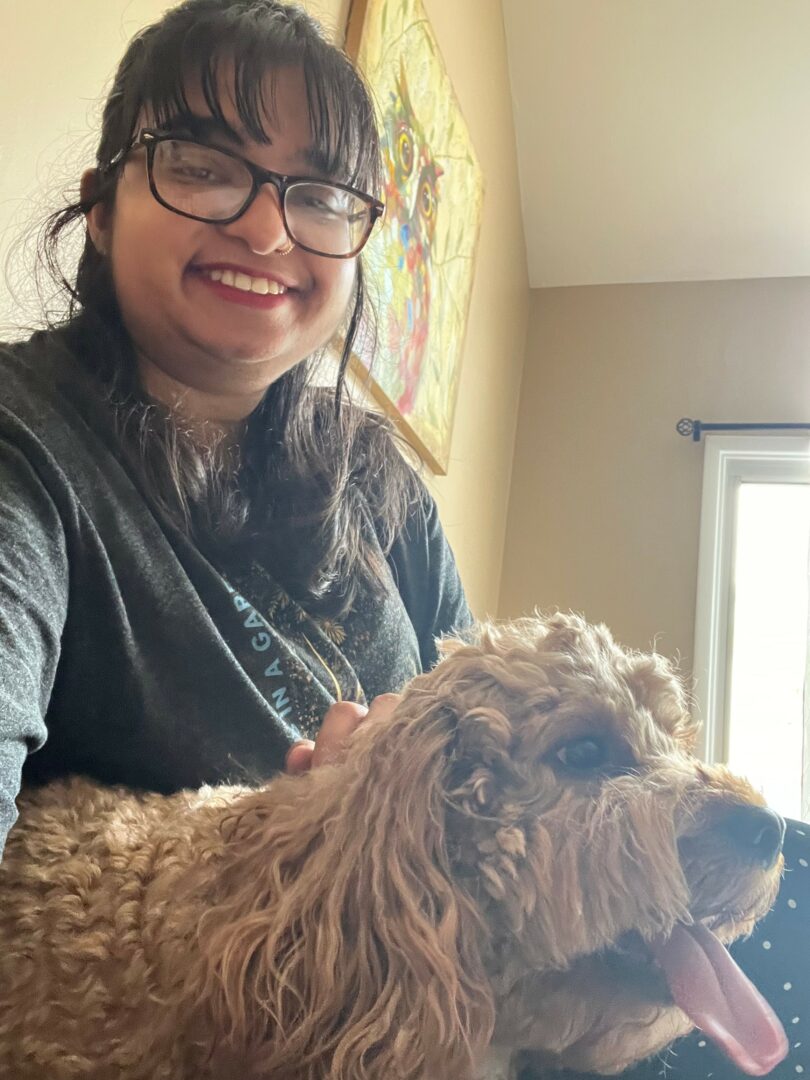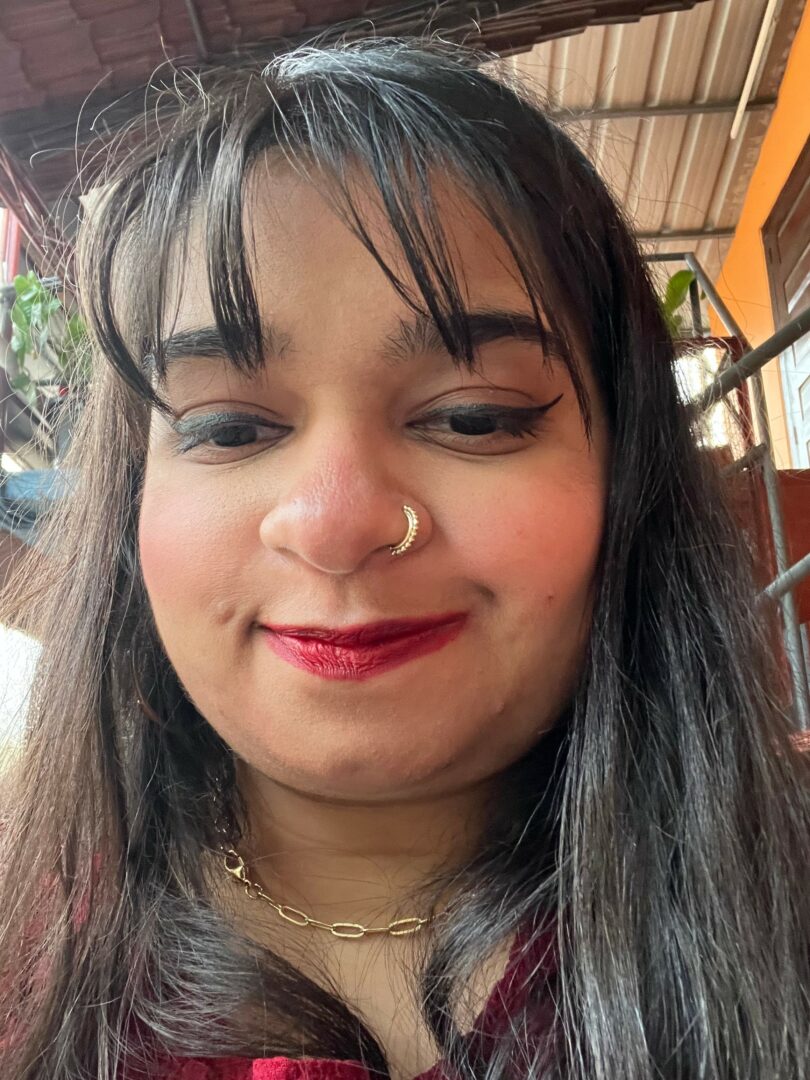We caught up with the brilliant and insightful Nidhi Gandhi a few weeks ago and have shared our conversation below.
Hi Nidhi, so excited to talk about all sorts of important topics with you today. The first one we want to jump into is about being the only one in the room – for some that’s being the only person of color or the only non-native English speaker or the only non-MBA, etc Can you talk to us about how you have managed to be successful even when you were the only one in the room that looked like you?
I’m a verbal learner, so, it helps when I am asking or answering a question or sharing an anecdote related to the topic at hand. I can be brutally honest and I tend to say something when I see injustice. I also have been told that I have a strong, “professorial” voice so a lot of times, I come across as being more confident than I really am on the inside. All of these things help me be effective/successful. All of these qualities help me get noticed and make an impact. Additionally, I’m very persistent, headstrong, and don’t give up easily.
Let’s take a small detour – maybe you can share a bit about yourself before we dive back into some of the other questions we had for you?
I am a writer, co-founder and editor-in-chief of The Marbled Sigh, a poetry journal by emerging writers for emerging writers. In the writing world, I’m especially interested in community engagement, especially helping emerging poets (writers who have fewer than 2 published books) get published and become immersed in the literary world. Through our poetry journal, The Marbled Sigh, which I co-founded with my good friend and colleague Jonathan Memmert, we exclusively publish emerging poets, and I am especially overjoyed when we are able to be someone’s first poetry acceptance. We’ve published writers from all around the world and I love being a space that specializes in this because while most poetry journals publish both emerging and established writers, the reality is that many journals solicit work from established folks, leaving few spots for emerging writers to be published. Providing this space helps us fill a gap in the literary publishing world and give a spotlight to emerging writers. After every issue we host a Zoom reading to celebrate the poets published in that issue and we invite members of the community including established writers to help them become enculturated in the larger writing community. You never know when a reading will open up a door for someone.
This year we published our first anthology focusing on political poems and for the first time, we invited a few established writers to submit their political poems to us. It was special because while we still focused on publishing emerging writers, this time, they were able to share a space with established writers, too.
I am also a rhetorician and educator and want to get my PhD in writing studies-rhetoric. Currently, my teaching and research interests focus on how we can create assignments and curriculums that best foster learning and meet our students where they are. For instance, if students are learning about rhetorical appeals such as ethos, pathos, and logos, how can we make those concepts more approachable and make understand that people in the real world use these appeals to get their purpose across to their audience — that it’s not just a school thing but a real life thing.
If you had to pick three qualities that are most important to develop, which three would you say matter most?
Mentorship, community, and self-advocacy are really important. It’s good to have mentors — people to rely on and whom you can ask questions. Your mentors are part of your community and they help you advocate for yourself.
I’ve said this about my wonderful poetry professor David Groff since my first semester in my MFA program–he’s a true educator and mentor. Even if you didn’t have a class with him, he’s so approachable and willing to help out anyone when it comes to writing and publishing. He’s definitely part of my community and someone whom I can go to with a problem or to just shoot the breeze. For instance, Jonathan and I met with him before we put out our call for submissions for the political poetry anthology and we asked questions about how we should proceed, how to word the call, soliciting writers, and other logistical questuons such as protecting poets who may be submitting poetry from a part of the world where they are facing persecution. David, in turn, asked us questions about how to revise his syllabus and course materials for his poetry workshop. He didn’t need to do that, his classes are amazing, but to ask us for our feedback shows that he’s a true educator and mentor.
Any advice for folks feeling overwhelmed?
When I feel overwhelmed, I meditate, light some candles, try to tune into a different emotion or unplug. For instance, if I’m feeling overly anxious, I might watch a horror movie or a sitcom to focus on another emotion. I will also often put some ice on my temples, put my head down, and hold my breath for 30 seconds. This evokes the diving response which helps to regulate my emotions because the heart rate slows down and blood flow is redirected to the heart and brain. It helps the noise stop and then I can focus on practicing another skill to reduce feelings of overwhelm. Most importantly, I LOVE animals. I will befriend any animal I see. Being around animals makes me so happy and they’ve taught me the importance of non-attachment — accepting what you can and cannot control and cultivating mindfulness.
Contact Info:
- Website: themarbledsigh.com









